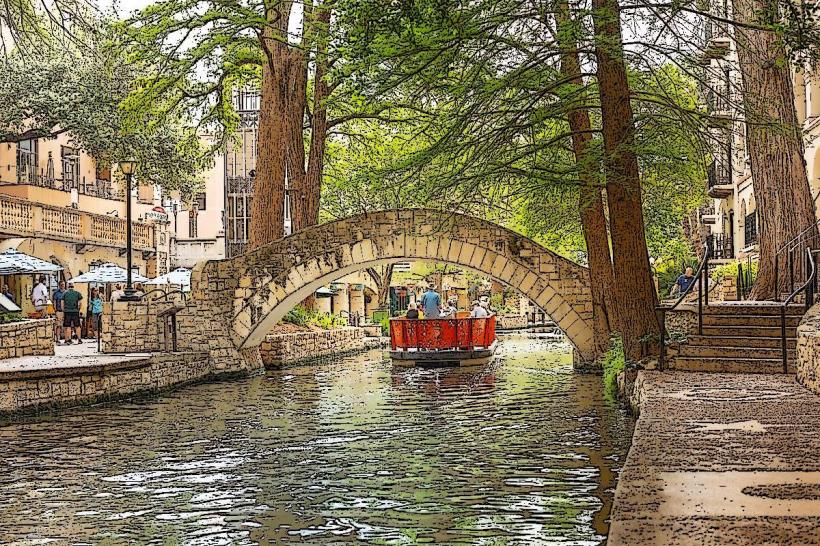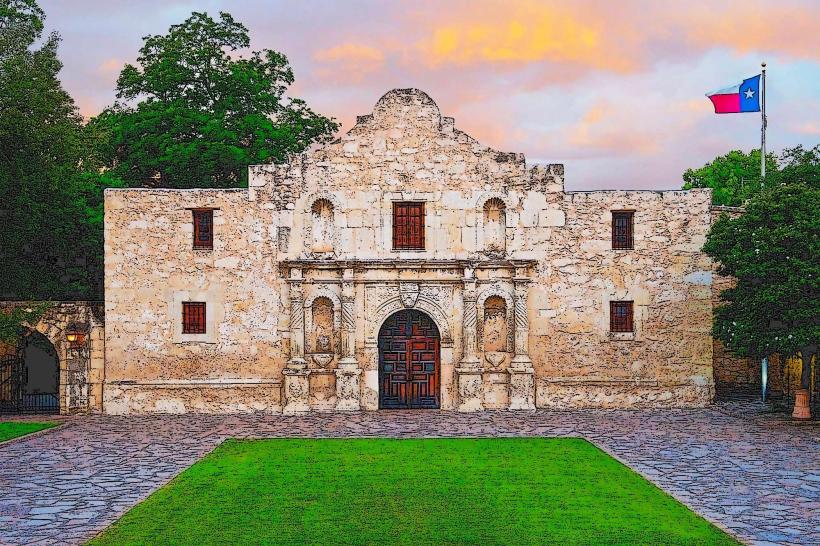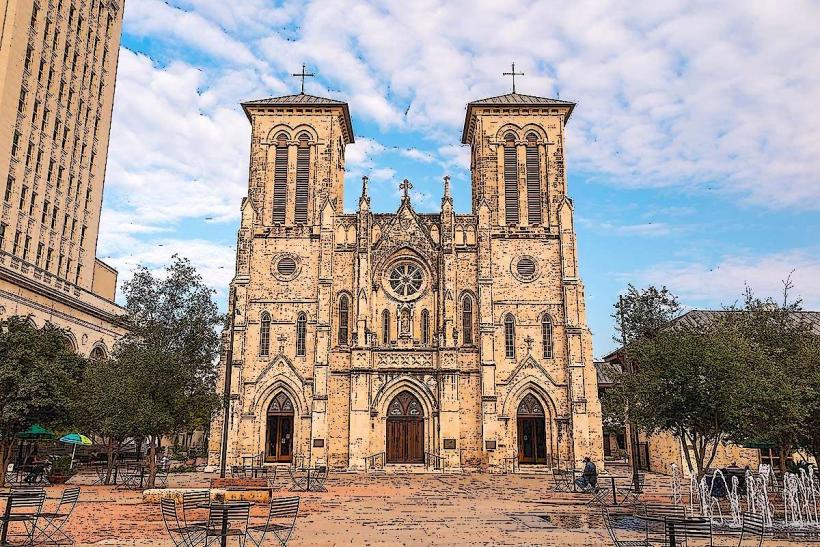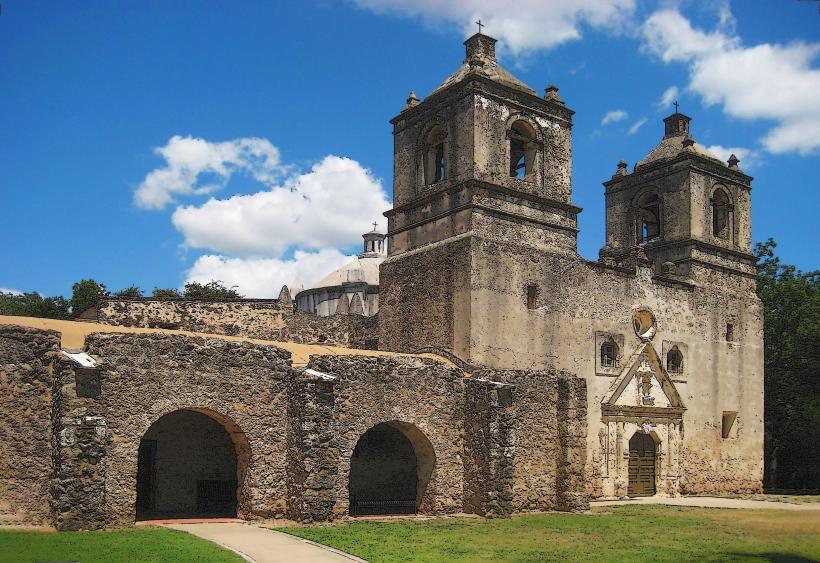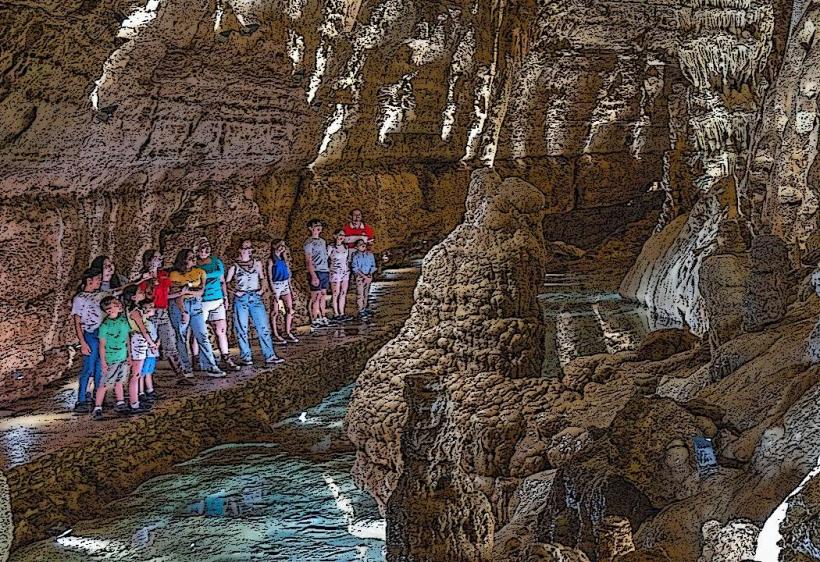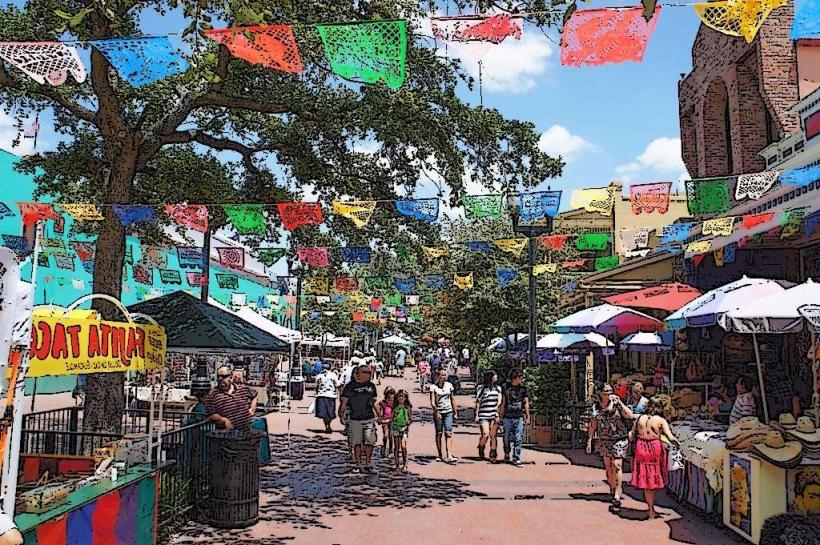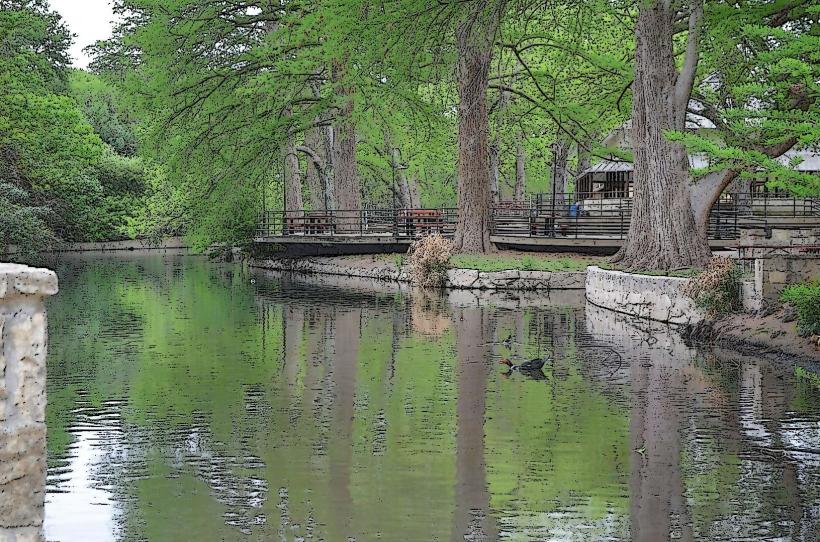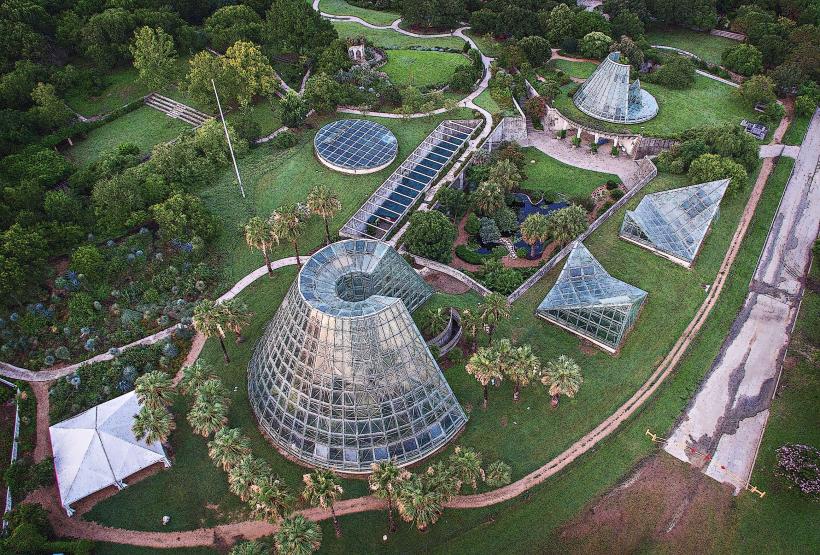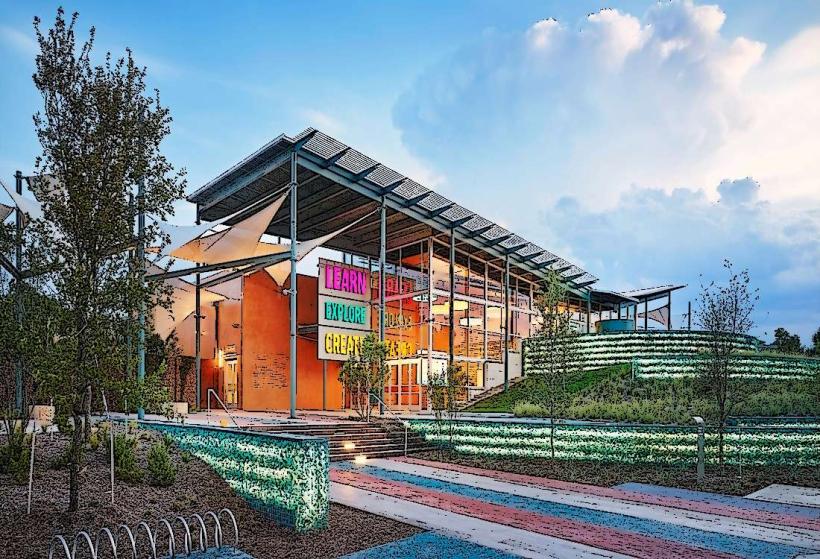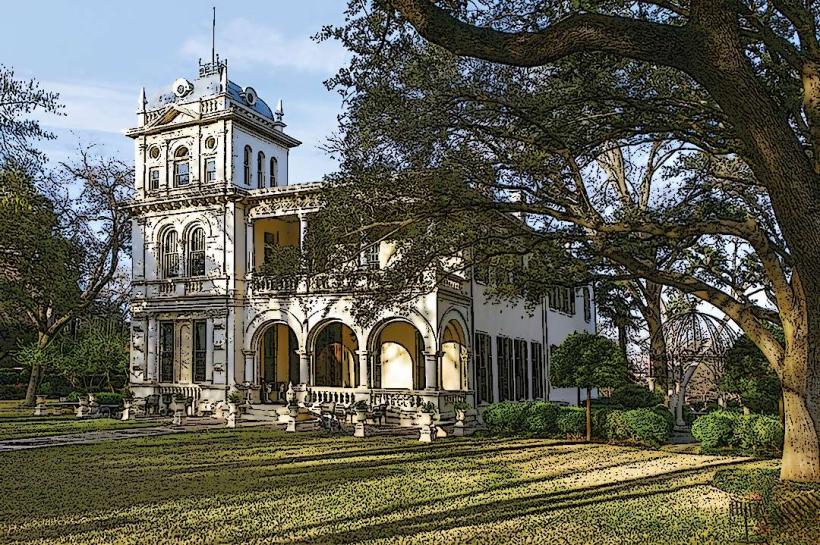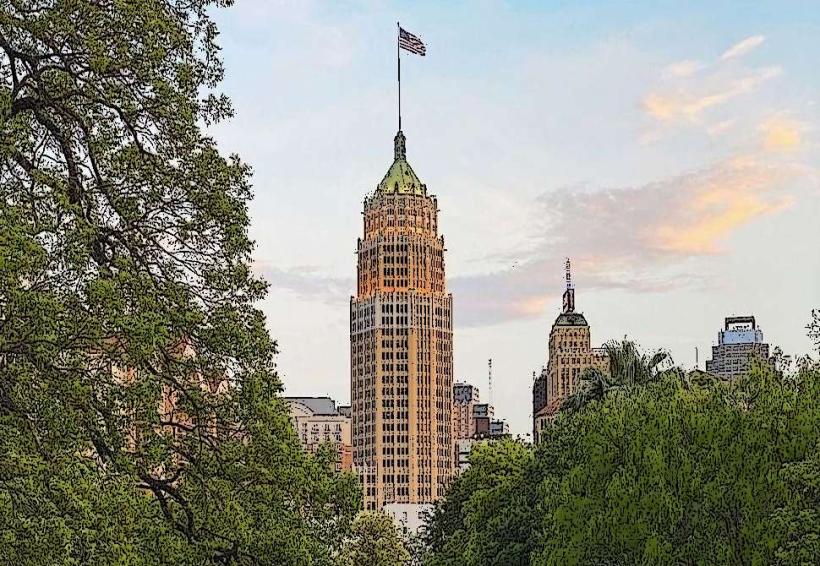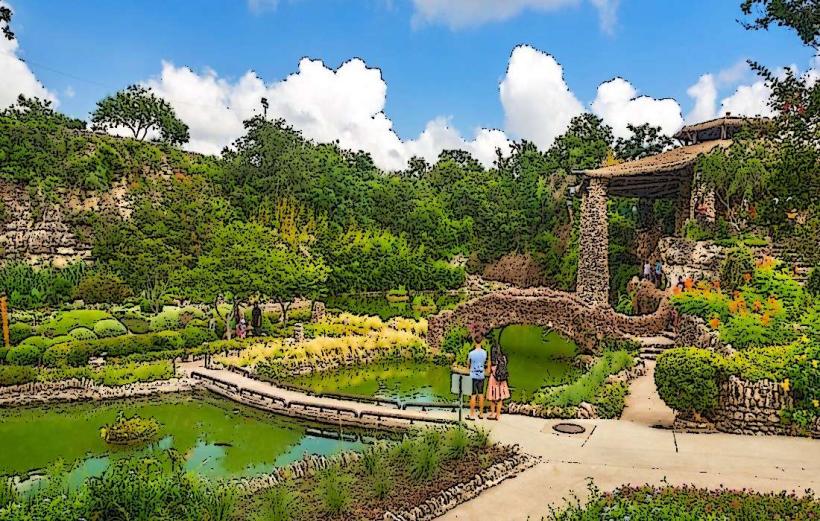Information
Landmark: Mission ConcepciónCity: San Antonio
Country: USA Texas
Continent: North America
Mission Concepción, San Antonio, USA Texas, North America
Mission Concepción, formally named Mission Nuestra Señora de la Purísima Concepción de Acuña, is one of the most historically significant and architecturally intact Spanish colonial missions in the United States. Located at 807 Mission Road, just south of downtown San Antonio, Texas, it is part of the San Antonio Missions National Historical Park and a designated UNESCO World Heritage Site. This mission exemplifies the Spanish colonial effort to convert local Indigenous peoples to Christianity while also integrating them into Spanish colonial society through agriculture, education, and cultural exchange.
Historical Background
Mission Concepción was originally established in 1716 in present-day East Texas as part of Spain’s strategy to solidify territorial claims and convert Native American populations, specifically the Hasinai people. Due to conflict, disease, and logistical difficulties in East Texas, the mission was moved to San Antonio in 1731, joining four other missions along the San Antonio River.
The cornerstone of its church was laid shortly after the relocation, and by 1755, the current limestone church was completed. This building is significant because it has never been structurally rebuilt—making it the oldest unrestored stone church in the United States still in use.
Architecture and Design
The architecture of Mission Concepción reflects the Mexican Baroque style, adapted to the frontier environment of 18th-century Texas. It was constructed using thick limestone blocks and lime plaster, giving the building both durability and the ability to regulate internal temperatures in the intense Texas heat.
Key Features:
Twin Bell Towers: The mission’s most iconic feature, they once housed large bells used to mark time for prayers, work, and events.
Vaulted Ceilings: Rare for frontier missions, the church includes vaulted arches and domes typical of more elaborate Baroque churches in Mexico.
Latin Cross Layout: The church is cruciform in shape with a central nave and transepts.
Interior Frescoes: Originally, both the interior and exterior were covered with colorful murals and geometric frescoes. Though most have faded, some of the interior artwork remains visible and has undergone conservation efforts.
Convento: The former residence of the missionaries, located next to the church, where teaching and community life were centered.
Frescoes and Artwork
The remaining 18th-century frescoes are among the most remarkable aspects of Mission Concepción. They were painted using natural pigments and included both religious iconography and decorative patterns. Faded but still visible today, these artworks represent the cultural blending of Spanish Catholic imagery and Indigenous artistic influences. Conservationists have worked carefully to preserve and stabilize these delicate frescoes.
Cultural and Religious Importance
Mission Concepción continues to function as an active Roman Catholic parish, affiliated with St. Cecilia’s Church. Weekly Mass is celebrated, and sacraments such as weddings and baptisms are performed. This continued use makes it a living monument, where the spiritual purpose for which it was built is still honored.
As part of the UNESCO World Heritage Site designation awarded in 2015, Mission Concepción is internationally recognized for its cultural significance, alongside the other four San Antonio missions: San José, San Juan, Espada, and the Alamo.
Preservation and Restoration
Despite being over 250 years old, Mission Concepción is remarkably well-preserved due to its sturdy construction and continuous use. Restoration efforts have focused on:
Stabilizing the structure, especially the dome and towers.
Preserving original frescoes, which involves non-invasive techniques like laser scanning and environmental monitoring.
Restoring exterior finishes, such as the white lime plaster that once covered the walls, which has helped protect the stone underneath.
These efforts are managed by the National Park Service in cooperation with the Catholic Archdiocese of San Antonio.
Visiting Mission Concepción
Hours:
Open daily from 9:00 AM to 5:00 PM (except major holidays). Mass is held on Sundays at 10:00 AM and 12:00 PM.
Admission:
Free to the public. Donations are welcome to support preservation and community outreach.
Guided Tours:
Rangers from the San Antonio Missions National Historical Park often provide free tours, and there are informational panels and brochures on site. The mission is also a stop along the Mission Hike and Bike Trail, a scenic route connecting all five missions along the San Antonio River.
Accessibility:
The mission grounds are wheelchair accessible. Parking is available on site, and the area is reachable by public transport.
Summary
Mission Concepción stands as a vivid testament to the era of Spanish colonization and missionary activity in Texas. It embodies a fusion of religious devotion, European architectural traditions, and Indigenous collaboration. As both a sacred site and a historical monument, Mission Concepción offers visitors a chance to experience the cultural richness of early Texas history through its still-functioning church, beautiful architecture, and atmospheric grounds that echo centuries of spiritual and social life.

